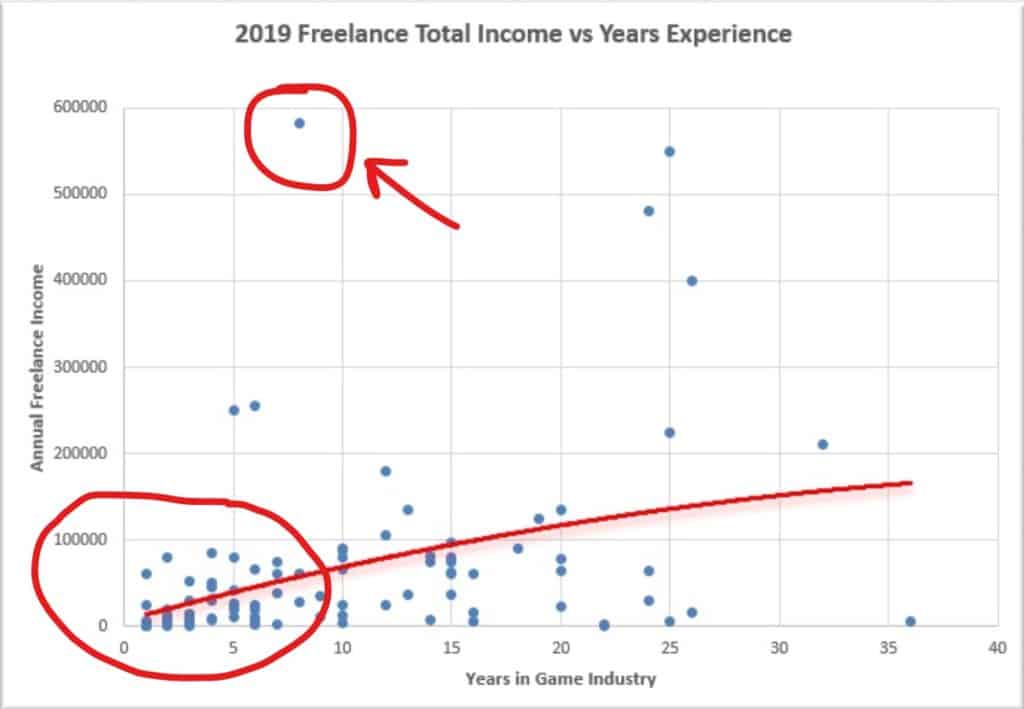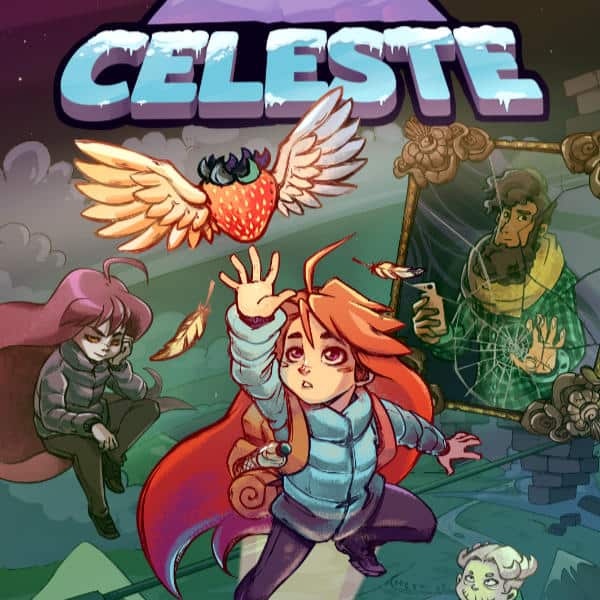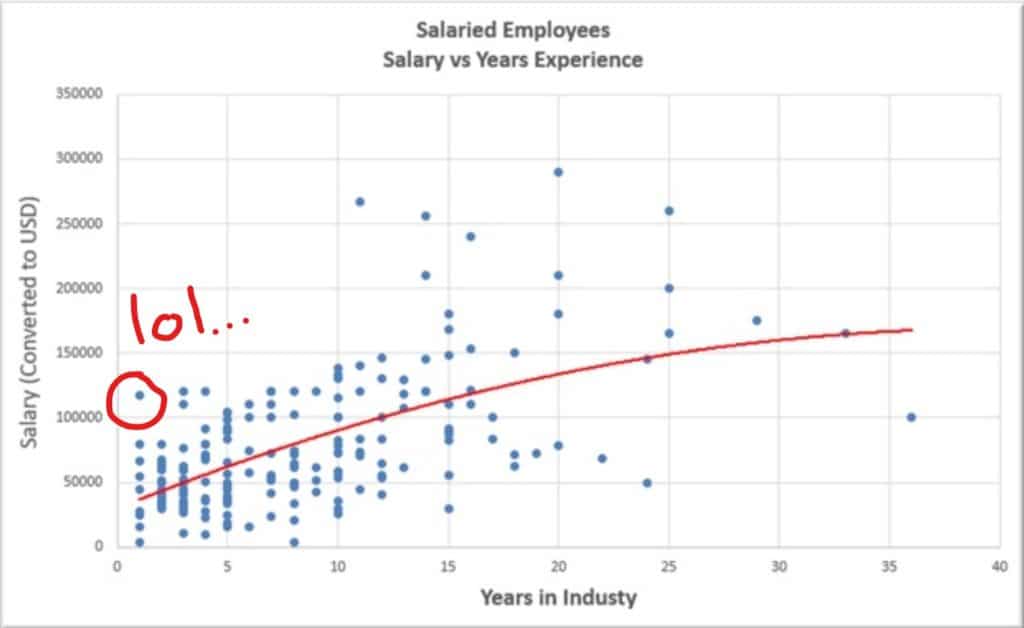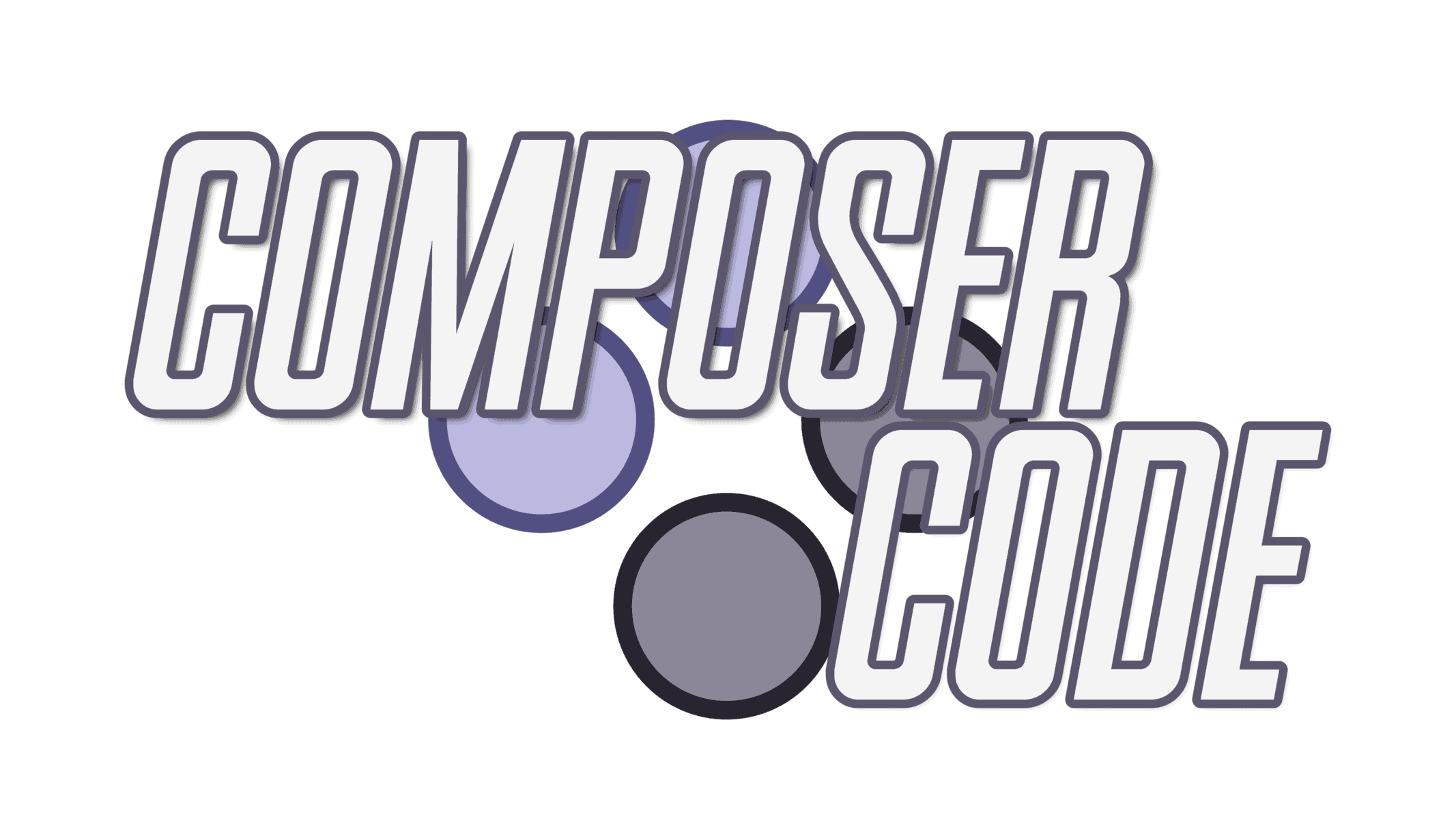
Industry data on how much video game composers get paid
How much do game composers make?
According to an industry report, the average income of an employed game composer is $80,837 a year.
Freelancers, on the other hand, make an average of $63,548 per year.
But we need to talk about it a bit more to obtain a better perspective.
There’s not a whole lot of data on video game composer salaries out there for two big reasons. Firstly, the industry is very young, and collecting historical data is tough. Secondly, there’s a wide gap in income disparity, specifically among freelancers.
There are some reputable sources doing important research on this topic, however.
Every year, GameSoundCon (commandeered by Brian Schmidt) does a comprehensive survey of game audio professionals across the world and aggregates the data into a yearly report.
The results are fascinating.

Not bad, right? Well, there’s a catch.
When it comes to data and statistics like salary, it can be a little misleading to pay attention to just the average (mean).
Any statistician will tell you that once you start introducing extremely high or extremely low values, the mean starts to become less of a North Star of truth.
In other words, a handful of high-earning game composers can throw off the entire data set. This is precisely what happens in freelance game audio because of the massive scope of earning potential.
Several freelancers who participated in this very study reported income upwards of $400,000, while many reported a yearly take-home pay of less than $10,000. That’s a big gap.

Therefore, it’s probably more prudent to pay attention to the median, which is helpful for accounting for these very high and very low numbers.
If you picture a bell curve, the median is basically smack dab in the middle. There is an equal amount of values to the left and to the right of the median.
Okay, then what’s the median income of a game composer? Thankfully, the fine folks at GSC have broken down the values into three categories: AAA, mid-core, and indie. Let me quickly define these for context.
Generally speaking, indie games have a budget of anywhere between $0 and $35,000, with some exceptions. Shovel Knight, Celeste, and Hotline Miami are some examples of indie games.

The median income of an indie composer is $8,500. Eesh. Not exactly a living wage.
Midcore games are still a bit of a nebulous designation, but according to my research, they’ll typically have a budget range between $35,000 and $500,000.
Clash of Clans is considered a mid-core game, for example, and according to industry averages, likely had a budget of around $400,000 for a playable version 1.
The median income of a mid-core game composer is $26,880. At least we’re almost above the poverty level.
AAA games are usually well above a million bucks to develop. Tomb Raider (2013), which was scored by Jason Graves, had a budget of $100 million. It’s not unusual for that number to go into the 200’s and 300’s as well.

The median income of a AAA game composer is $70,000.
So how should we respond to these insights? On the one hand, we can see that the earning potential of freelance game composers is astronomical, far more than any employed game composer in this study.
On the other hand, it’s extremely difficult to reach that level of success, and very few do. It’s also going to be very challenging to make a full-time living solely on custom music gigs from mid-core and indie composers.
We’ll talk about the importance of diversifying your income portfolio later in this post.
How long does it take to get into the game music industry?
To reach these numbers, composers claimed to have been working in the industry for around 5-8 years. Again, there are always exceptions, you could be like this guy who’s apparently making $120k after one year in the industry:

You can get in faster if you’re hustling harder, or it may take longer if you’ve got other responsibilities — it all depends on how committed you are and how quickly you can build relationships with decision-makers.
Next Steps
If you’re ready to start your journey on becoming a game composer, be sure to check out my podcast episodes with industry leaders and my comprehensive guide on How to Become a Game Composer.
Happy composing!
